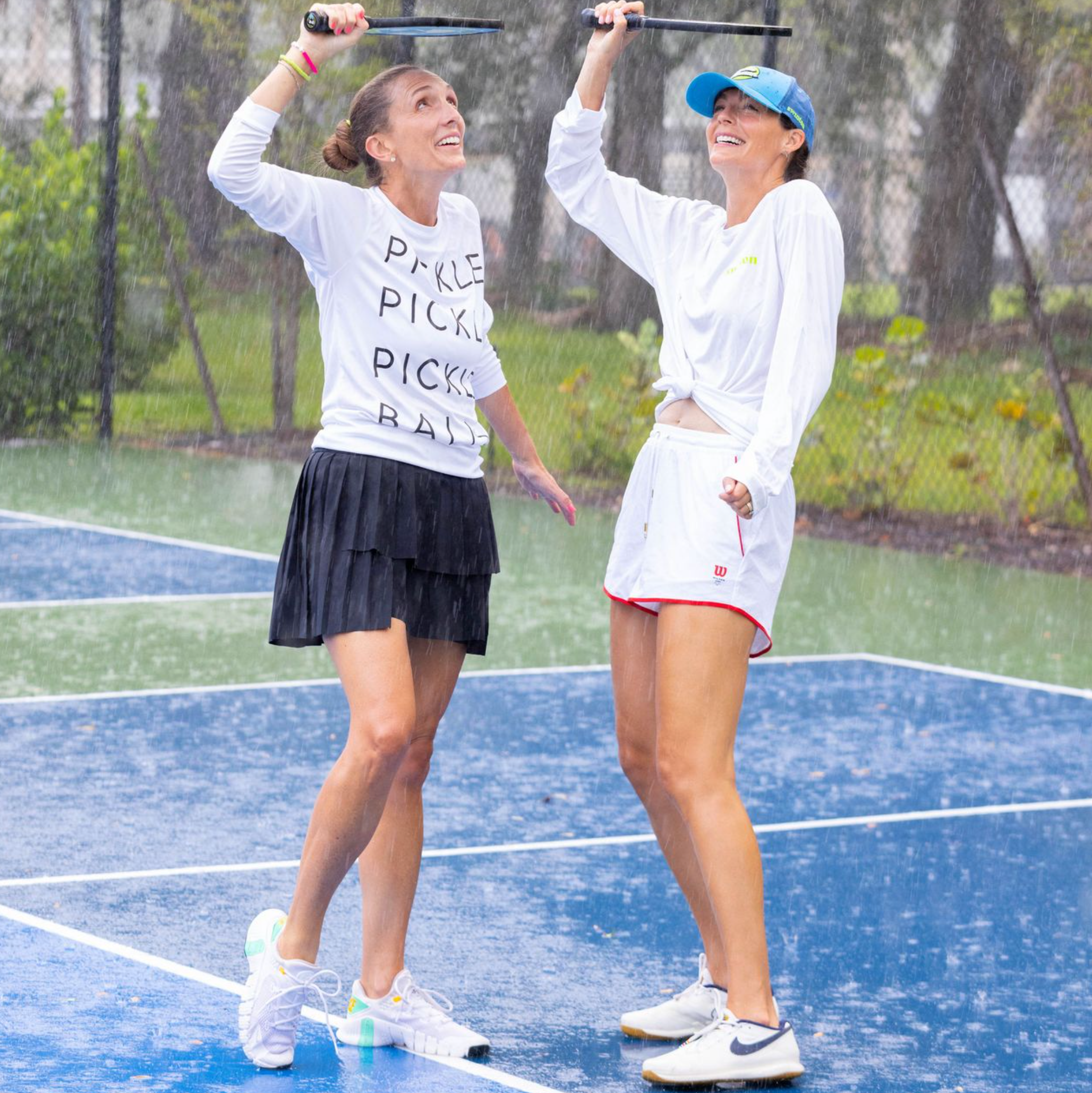How Minor League Pickleball Is Changing The Game
Pickleball is taking a page from MLB's book and creating a stepping stone to the big leagues
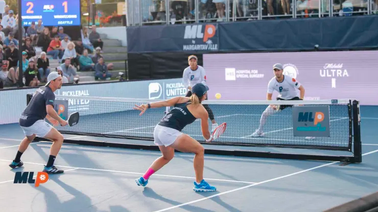
Top PPA Pro players can receive nearly $100k a year in winnings. Photo Credit: The Dink
It's been well documented that pickleball is 2023's fastest growing sport in America, growing at an exponential pace that few expected – ok, so what?
Well, the emergence of Minor League Pickleball is a game-changer, and is set to provide a more structured development pipeline for players, potentially transforming the game is played and viewed. As MiLP develops, we may witness the dawn of a new era in the sport's evolution.
Despite pickleball's growing popularity, it has, until now, lacked a formal, player developmental system akin to what we see in sports like baseball, basketball or soccer – even golf has a system for developing players for the PGA.
But pickleball differs from these other sports in its potential for longevity. Sports like baseball, basketball, football, hockey, soccer, and tennis require athletes to perform at the peak of their skill level physical conditioning. Players in these sports have a “shelf life” – once a player reaches a certain age, they begin their inevitable, physical decline – the proverbial window for achieving athletic greatness is only open for so long.
Most great players in pro sports started training at a very young age, so by the time they reach their teens they're already playing at an elite level. But for those who start anytime after grade school, the road to success is a rough path. The older you begin, the worse off you are.
In other words, performance at most other sports operates on a time limit. As the clock ticks faster the farther you propel down your life’s timeline, pickleball has the chance to really outshine the others.
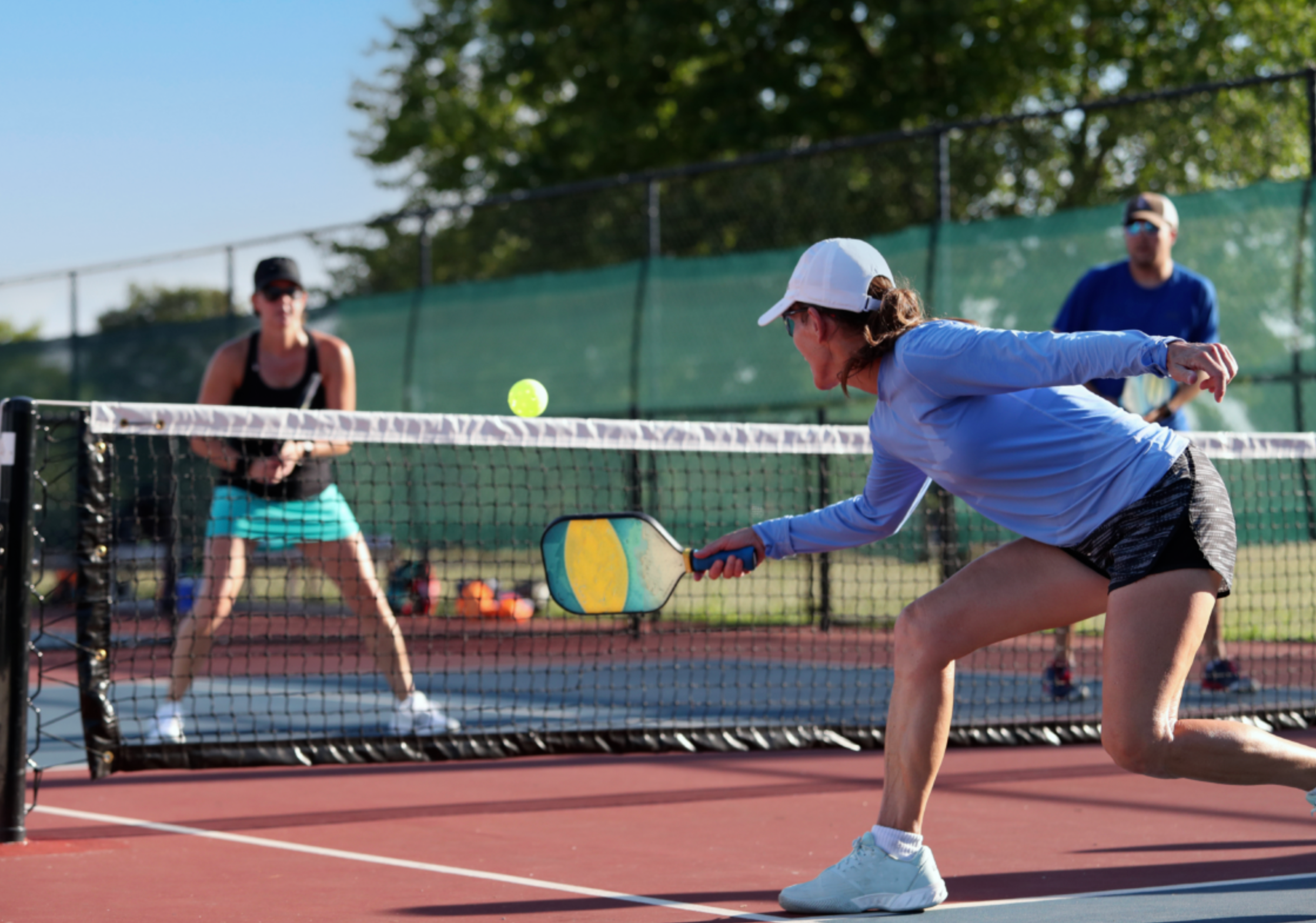
MiLP Is An Amateur's "North Star" To The Pro Leagues
The pool of potential candidates for MiLP to draw from is enormous because of the game's widespread age group demographic, thanks to the accessibility built into the design and rules of the court. The smaller court size requires less running and movement, making it more accessible for older players or those with mobility issues.
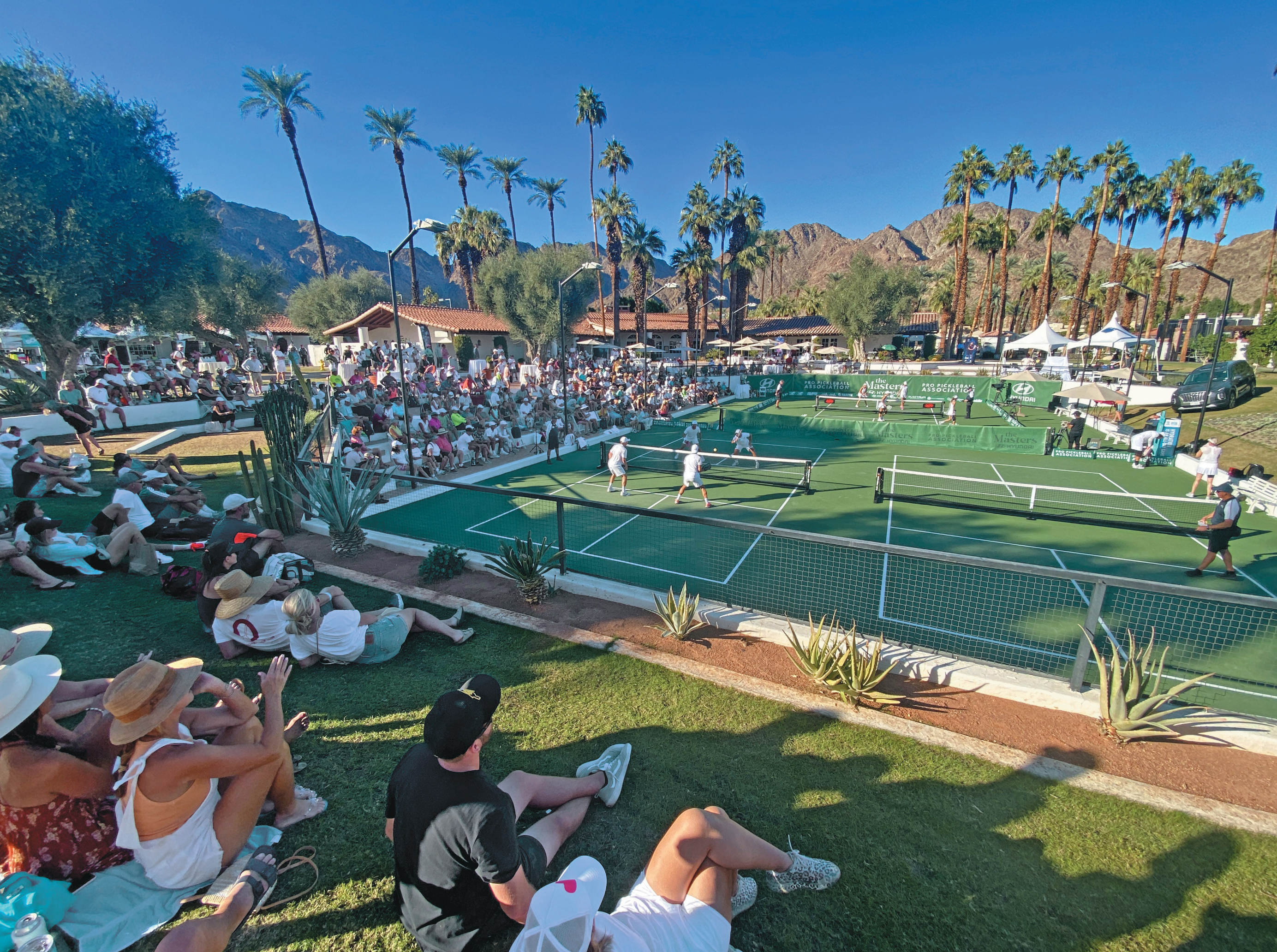
Even the equipment used on pickleball courts bears weight in this arena. The solid ball with holes used in pickleball moves slower than a tennis ball. This, combined with the smaller court, slows the game down and gives players more time to react and move, which can be a significant advantage for older, perhaps less nimble players.
Additionally, since pickleball is often played in doubles, it reduces the amount of court each player needs to cover. This again lowers the physical intensity, allowing older players to enjoy the game without excessive physical strain.
No longer does one’s chances at greatness decline so sharply as one advances into middle age. Pickleball offers a chance at redemption for “still are’s,” “has been’s,” and maybe even the occasional “never was.”
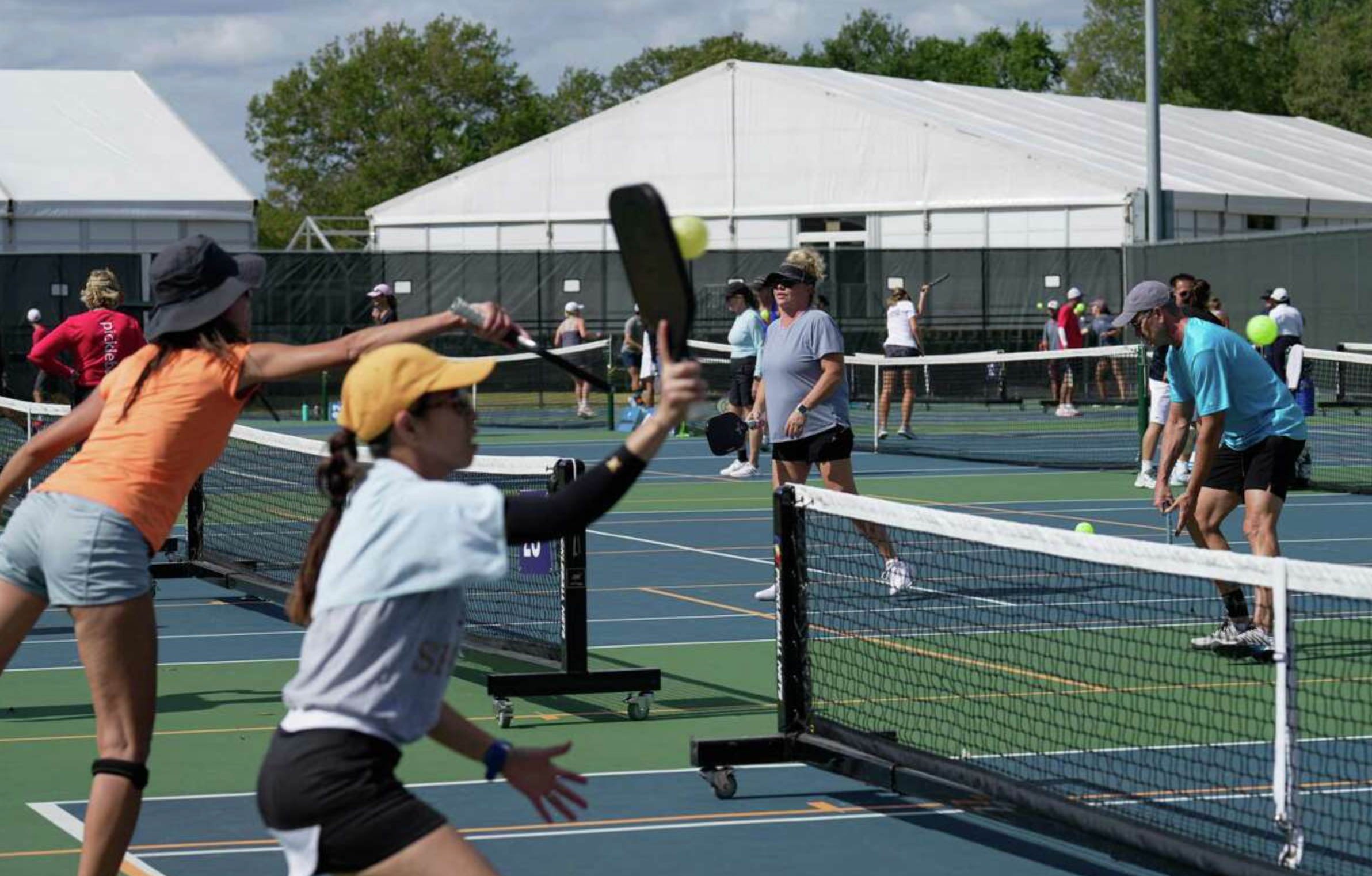
Minor League Pickleball Tournaments
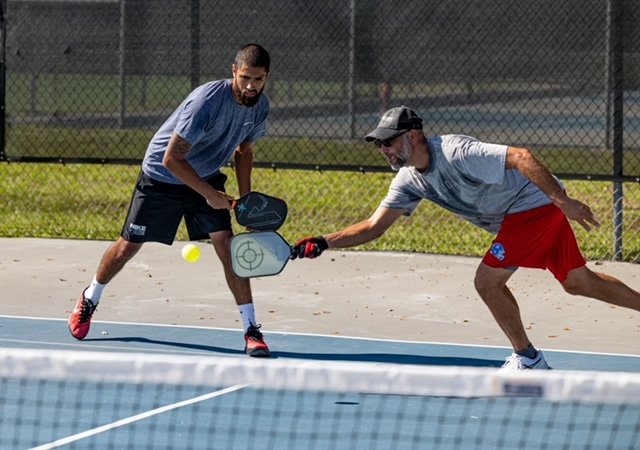
Even with the growth and investment into the organizational aspect of pickleball league play, professional-level team competitive play is still limited. This is where minor league pickleball tournaments and the DUPR rating system play a significant role.
Although people like Matt Wright and Anna Leigh Waters can leapfrog their way into the PPA, for most players Minor League Pickleball is the best gateway into serious competition. The official launching pad to the majors is launching fun, social, amateur team leagues across the country, and tournaments are scheduled for every weekend from now until mid-November.
There doesn't seem to be an age limit or any restrictions in that regard, either. A player only needs two things:
-
A team, since Minor League Pickleball is a team competition where teams of four players (2 women and 2 men) compete against each other.
-
A DUPR rating at the time of registering for an event (even provisional ratings are accepted).
With a global rating system in the DUPR, it's easy to see where your skills match up with other players after a few games.
Establishing Legitimacy of MiLP
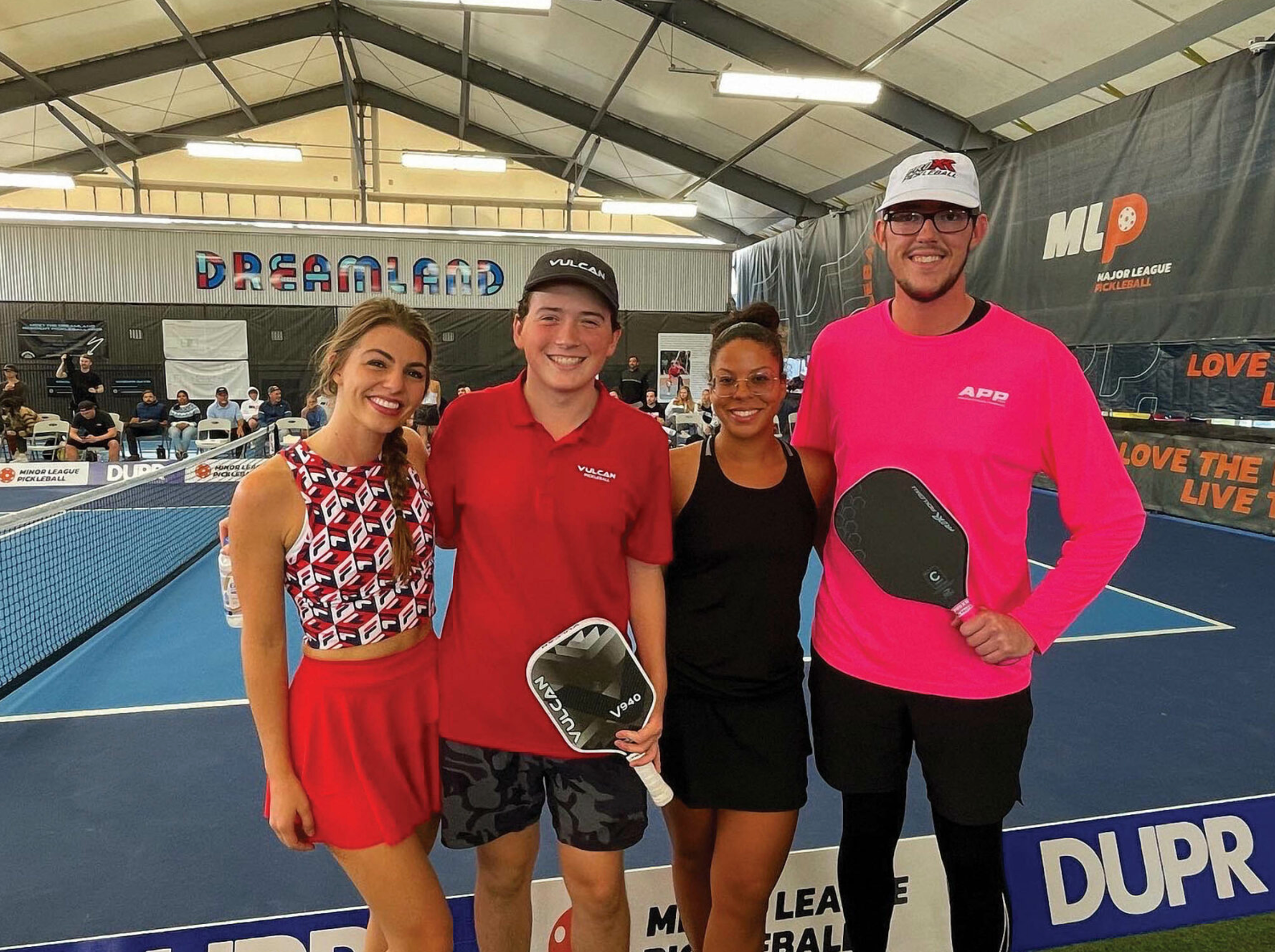
With pickleball being such an age-inclusive sport, the establishment of a minor league pickleball system with the Professional Pickleball Association is very promising. Here’s how:
-
Age-Inclusivity: Unlike many sports where physical peak and agility are paramount and often decrease with age, pickleball is a game that can be played well into the later years of life. This longevity of play means older players can still perform competitively, making a minor league system more age-inclusive.
-
Structured Competitive Environment: A minor league system would offer older players the opportunity to compete in a structured environment. This competitive platform would give them the chance to continually improve their game, measure their skills against others, and potentially advance to higher leagues.
-
Visibility and Recognition: Older players, who are often overlooked in other sports, can receive recognition in a minor league system. Their skills, experience, and sportsmanship can be appreciated by a wider audience, promoting the idea that competitive sports aren't just for the young.
-
Community and Networking: Minor league sports can create a sense of community among players. Older players can build networks with other players of various ages, fostering camaraderie, exchanging skills and experiences, and promoting a sense of belonging.
-
Health and Fitness: Participating in a minor league can also provide older players with regular exercise, contributing to their physical health and mental well-being. The competitive yet friendly nature of pickleball can be an excellent way for older individuals to stay active, engaged, and connected with others.
An official minor league system sanctioned by Major League Pickleball provides both older and younger players with the chance to compete, improve, and enjoy the game in a structured environment, defying the age barrier often seen in other sports.
MiLP has arrived, and it's here to stay. Get ready to join the ride – rain or shine.
